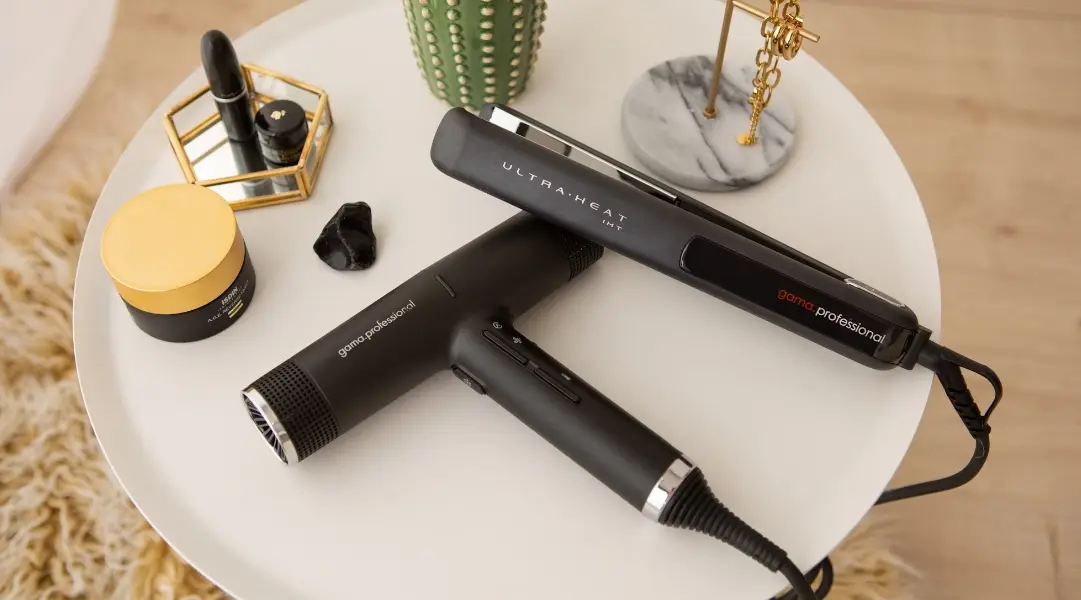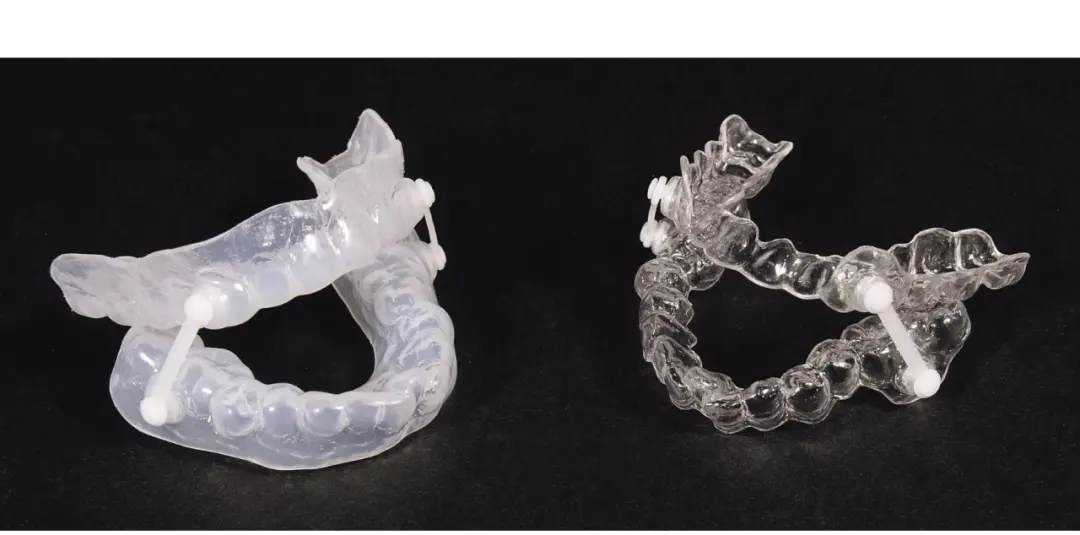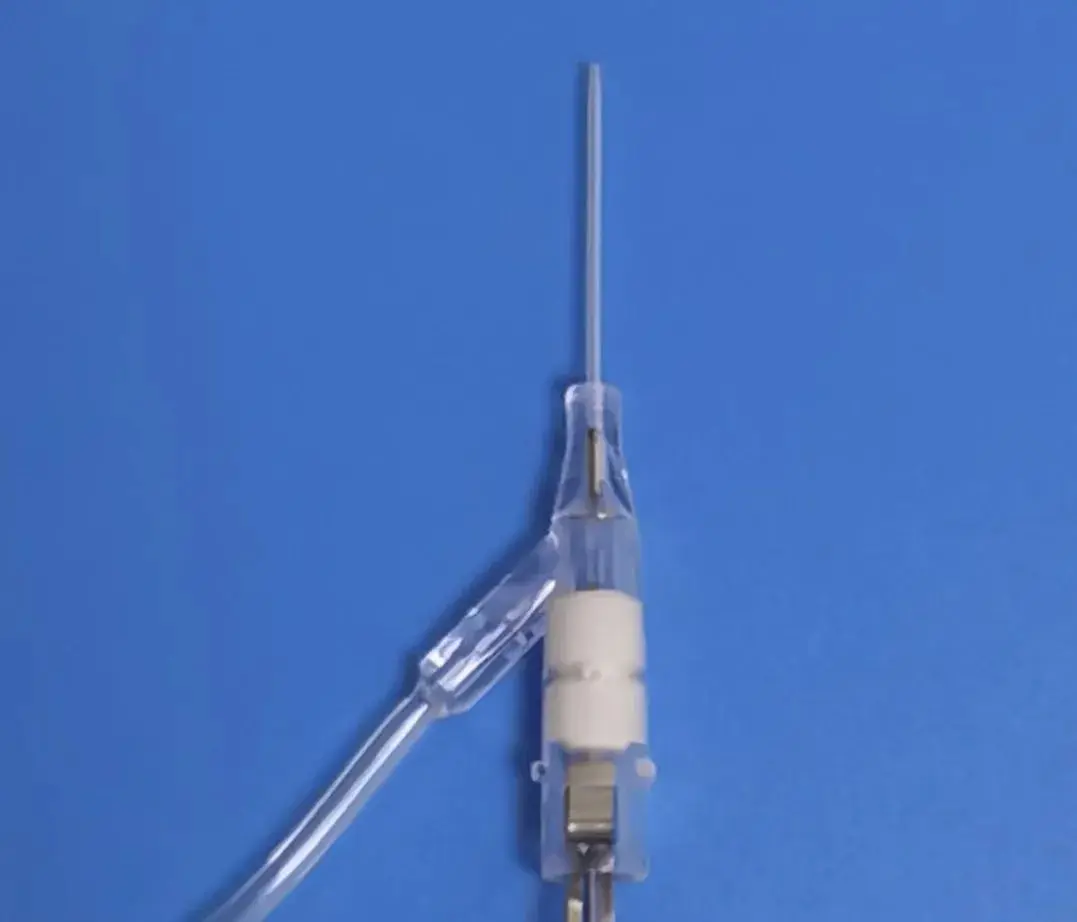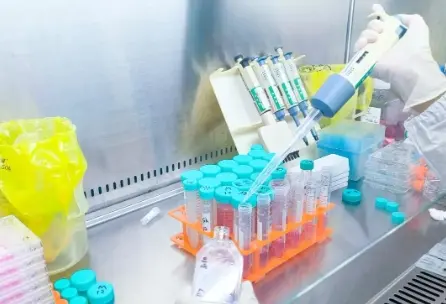
CE Marking Requirements in Turkey
Turkey, with its significant strategic position and market potential, has become a prime destination for many companies expanding overseas. However, entering the Turkish market is not an easy task. In recent years, Turkish customs, in conjunction with TSE (Turkish Standards Institution), have rigorously examined the qualifications of all imported goods. Many domestic exporters have encountered this issue when exporting to Turkey, making CE and TSE certifications crucial steps that cannot be ignored.

CE certification
Turkey is not an official member of the European Union, and the CE certification is a product safety certification applicable to all EU member states. This is a major source of confusion for many exporters regarding Turkey's CE certification. It is important to affirm that CE certification is applicable to Turkey, meaning that products entering Turkey must undergo CE certification.
The process of obtaining CE certification for exporting products to Turkey is similar to the general CE certification process. Moreover, a CE certificate obtained for Turkey is also valid in other EU member states.
TSE Certification
Of course, not all goods fall within the scope of CE regulations. For instance, products such as bearings (non-drive shafts), registered vehicles, vehicle parts, food products, textiles (including clothing and fabrics), furs, and some special equipment like almost all military equipment do not require CE certification. However, if the products fall under the compulsory control range of TSE certification in Turkey, then obtaining TSE certification alone is sufficient.
TSE - Turkish Standards Institution
TSE is the unit responsible for setting Turkish national standards and is the highest national authority for product quality supervision and control in Turkey.
TSE Functions:
- TSE Inspection of CE Certification: A crucial function of TSE is to review the product quality, CE certification, and test reports of products at Turkish customs. TSE has set up inspection windows at customs, and all products entering Turkish customs must pass TSE's review and approval. Goods that fail the review will be prohibited from entering Turkey.
- Mandatory TSE Certification: Besides the CE mark, the Turkish government annually publishes a "list of mandatory import standards," mainly covering food products, industrial equipment, vehicles, firefighting products, and textiles. Products not covered by EU directives and included in Turkey's mandatory standards must be tested and obtain TSE certification before importation to pass through customs and be sold in the Turkish market.
- TSE Government Procurement Certification: All products sold to government procurement projects in Turkey must undergo TSE certification or testing; otherwise, they cannot bid for Turkish government procurement projects.
Email:hello@jjrlab.com
Write your message here and send it to us
 Toothbrush FDA Certification Testing
Toothbrush FDA Certification Testing
 Snoring Device FDA 510k Standard Testing
Snoring Device FDA 510k Standard Testing
 Single Use Intravenous Catheter Certification Test
Single Use Intravenous Catheter Certification Test
 Silicone Material Product Compliance Certification
Silicone Material Product Compliance Certification
 What to Do If Cytotoxicity Test Results Are Positi
What to Do If Cytotoxicity Test Results Are Positi
 ISO 10993:5 Cytotoxicity Testing Methods
ISO 10993:5 Cytotoxicity Testing Methods
 FDA ISO 10993-1 Biocompatibility Evaluation Guidel
FDA ISO 10993-1 Biocompatibility Evaluation Guidel
 In Vitro Cytotoxicity Testing for Medical Devices
In Vitro Cytotoxicity Testing for Medical Devices
Leave us a message
24-hour online customer service at any time to respond, so that you worry!




